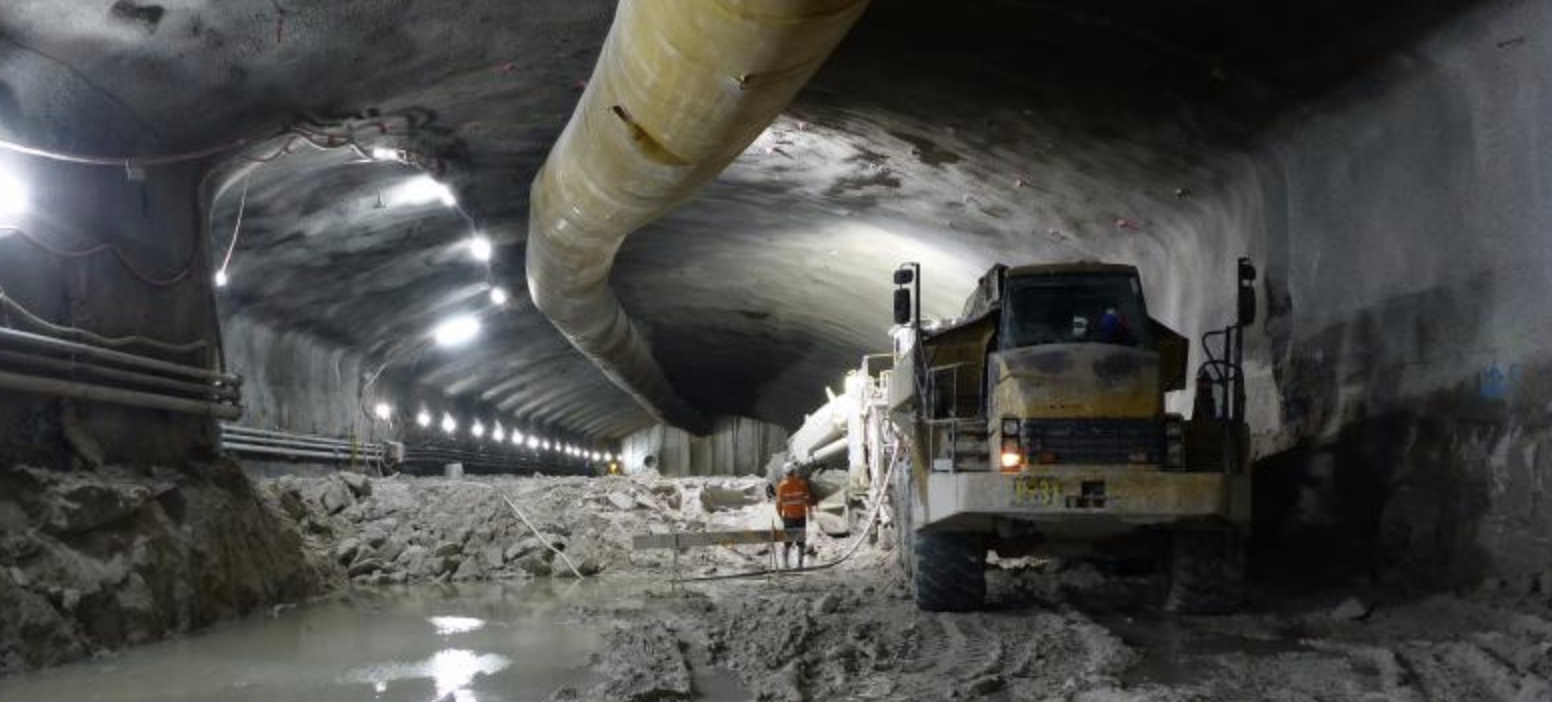Housing Market Headwinds Weigh on Strong Economy: NSW Treasurer
The New South Wales state budget is expected to have an average surplus of around $1.3 billion across the next four years, a surplus which was revised down due to changes in the housing market.
In the state government's half-yearly budget review, Treasurer Dominic Perrottet maintained the state’s solid surpluses and record low debt ensured NSW held a “strong financial position”.
“Despite headwinds from the drought and the softening of the housing market, the finances of NSW are rock solid and we are pleased to deliver another pipeline of surpluses across the next four years,” he said.
Perrottet delivered the budget review, which forecasts average surpluses of $1.3 billion, this figure down from the $1.6 billion estimated in June.
The government has written down stamp duty revenue by $2.5 billion over the four years due to Sydney’s weakening property market.
The government said it would provide a “fairer deal” on future property transactions by indexing transfer duty brackets from 1 July 2019, with the current system largely unchanged since 1986.
Perrottet also noted a $2.5 billion increase in infrastructure investment, this boosts the total investment figure over four years to $89.7 billion.
The extra $2.5 billion infrastructure sum will be used to fund projects across the state including upgrading hospitals, roads and schools.
Related: Keep Up: Infrastructure Failing to Keep Pace with Demand

Infrastructure roll out
Perrottet said economic growth of 2¾ per cent is forecast for this financial year off the back of an “unprecedented jobs boom” thanks to infrastructure investment. The treasurer said this has led to the lowest unemployment rate in the nation at 4.4 percent.
“NSW has also recorded its fourth consecutive negative net debt position following the leasing of a 51 per cent share of the WestConnex, forecast to be negative $7.7 billion at June 2019.”
Perrottet described the state as “achieving the holy grail of financial management” thanks to the “solid surpluses and record low net debt”.
“We are building more roads, train lines, schools and hospitals than ever before thanks to our record breaking $89.7 billion investment in infrastructure,” he said.
Public investment in infrastructure boosted NSW economic growth by half a percentage point in 2017-18, it is anticipated to do the same in 2018-19 financial year.














